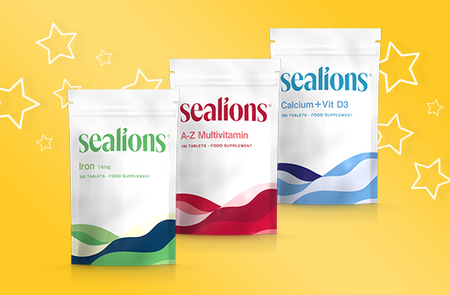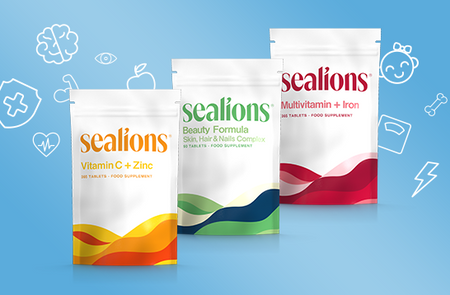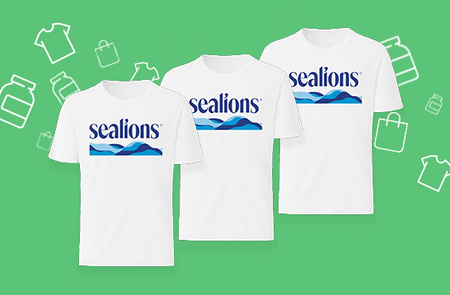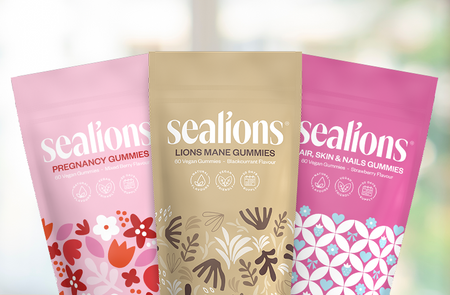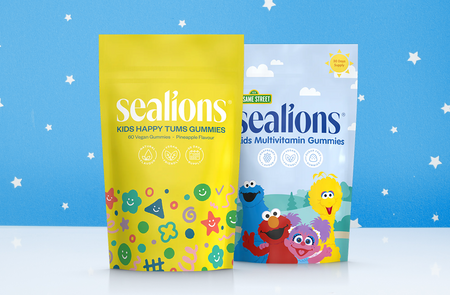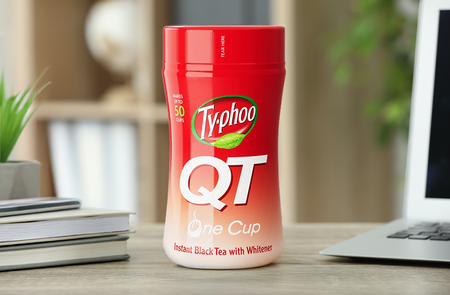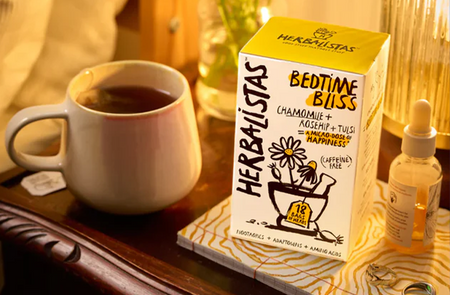
Most Households Don’t Compost: Here’s How You Can Start at Home
Did you know a whopping 97% of UK households don't compost? But, why? Composting is such an easy way to make a big impact on our environment. At Sealions, we're always shouting sustainability, which is why we've made sure our packaging is compostable. But we also believe that everyone can make a difference, starting at home. If you're new to composting or just need a little inspiration to get started, we're here to help.
Why Composting is Beneficial
Composting is a fantastic way to recycle your organic waste and turn it into something useful for your garden. When food scraps and other organic materials end up in landfills, they produce methane, a greenhouse gas worse than carbon dioxide.
-
Where To Start
Starting to compost at home is easier than you might think. Here are some simple steps to get you going:
Pick Your Method
There are a few ways to compost, depending on where you live and how much space you have, as we appreciate that not everybody can have access to a sizeable garden:
- Traditional Compost Bin: This is great if you do have a garden. These bins sit outside and can handle a lot of organic waste.
- Worm Composting (Vermicomposting): Better for smaller spaces or indoors. Worms break down your food scraps into rich compost.
- Bokashi Composting: This method uses a special bran to ferment food waste in a sealed container. It’s compact and doesn’t smell, making it ideal for urban living.
Find a Location
If you're using a traditional compost bin, put it in a dry, shady spot in your garden such as under some trees or corner facing away from the sun. For indoor composting, find a convenient spot in your kitchen or utility room.
Knowing What to Compost
Not everything can go into your compost bin. Here’s a quick breakdown on what you can and cannot compost:
- Yes, please: Fruit and veggie scraps, coffee grounds, eggshells, tea bags, garden clippings, cardboard, and paper.
- No, Thanks: Meat, dairy, oily foods, pet waste, and diseased plants (dispose of these according to your appropriate council provided bins)
Layer It Up
To make great compost, alternate between green (nitrogen-rich) and brown (carbon-rich) materials:
- Green Materials: Fruit and veggie scraps, grass clippings, coffee grounds.
- Brown Materials: Dry leaves, straw, cardboard, paper.
Keep It Going
Turn your compost regularly to keep it aerated and help it break down faster. Keep it moist, but not soggy. If it’s too dry, add some water; if it’s too wet, add more brown materials.
-
Composting at home is a simple way to make a difference. By turning your kitchen and garden waste into nutrient-rich compost, you’re reducing landfill waste and helping your garden thrive.
Let’s change that 97% statistic together. Start composting today and be part of the movement towards a greener, more sustainable future. And remember, at Sealions, we’re here to support you every step of the way with our eco-friendly products and packaging. That’s why our packaging is compostable. When you get our products, you can toss the packaging right into your compost bin, knowing it will break down naturally and safely.
Tagged:

